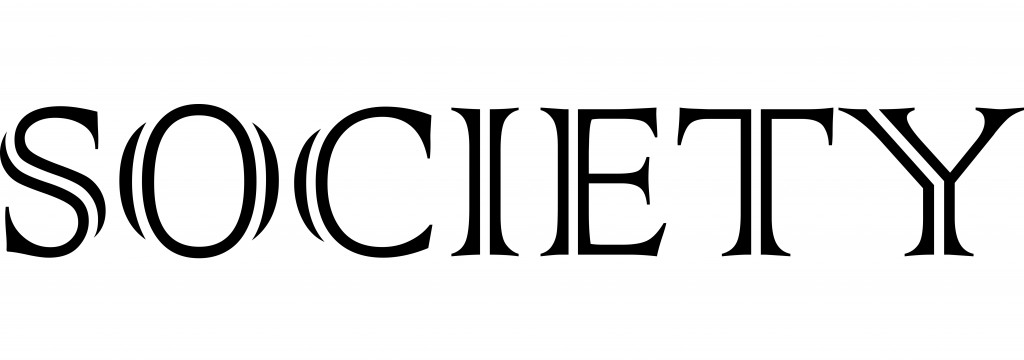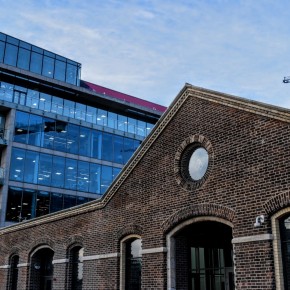
Figures published by the Department of Housing this month indicate that the number of homeless people in Ireland has reached the 10,000 mark. Responding to the escalating figures, Minister for Housing Eoghan Murphy said that current housing policies ‘were working’, but that the nature of the housing crisis meant it could never be ‘turn[ed] around...
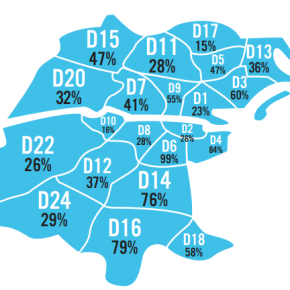
The evolving demands of the labour market, coupled with a policy push toward the creation of a ‘Knowledge Economy’, has led to the increasing expectation and prerequisite of a third level degree in the Irish jobs market. With the majority of Irish students pursuing a third level education on completion of second level, second level...
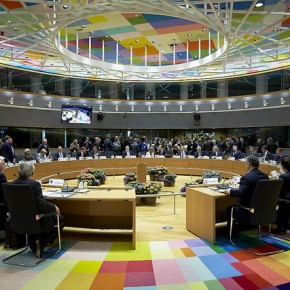
In his work The Crisis of the European Union (2012 – reviewed for society.ie here), Habermas argued for the uncoupling of democratic procedure from the sovereign state, on the grounds that the power of nation states to control the forces that substantially govern the lives of their citizens (market forces, natural environmental forces, etc.) is...
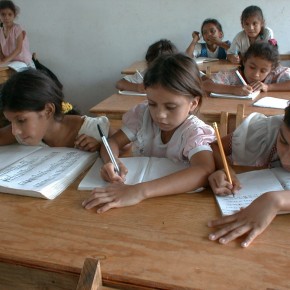
The Irish social policy model, in particular when it comes to welfare provision, is generally categorised as Liberal in nature, taking a passive, ‘safety-net’ approach to welfare intervention. Such a system is intended to alleviate the risk of extreme deprivation, but keep public welfare sufficiently sparse so as not risk the creation of poverty/unemployment trap....
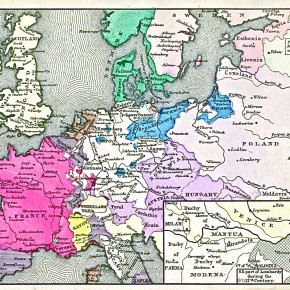
Last week, the European Court of Human Rights ruled that the state of Switzerland had the right to oblige a pair of Muslim parents to send their daughters to mixed swimming lessons. While the parents had protested that the requirement to send their daughters to mixed swimming lessons violated Article 9 of the European Convention...
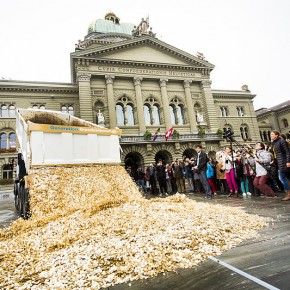
In his 1967 book Where do we go from here, Martin Luther King wrote: I am now convinced that the simplest approach will prove to be the most effective — the solution to poverty is to abolish it directly by a now widely discussed measure: the guaranteed income. This coming year marks the fifty year...
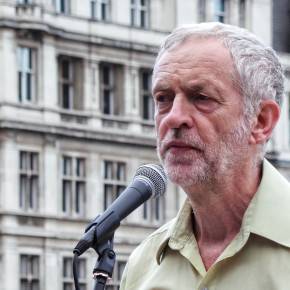
In the immediate aftermath of the Brexit result in June, articles were quick to apportion blame to demographic cohorts that enabled the unthinkable result to become reality. The old, the rural, the uneducated; each segment’s electoral naivety was roundly lambasted by those at the vanguard of ‘progress’ and ‘modernity’. The plethora of criticisms was neatly...

The terrorist bombings in Brussels and Paris in recent months have brought a strong and at times xenophobic edge to the continuing discussion on immigration and the integration of minorities in Europe. While previous articles on this website have focused on the migrant crisis, this article looks at issues with regards integration of migrants in...

The healthcare system is an inefficient, two-tiered mishmash of public and private providers and clients, and is in urgent need of drastic change. This much all political parties are in general agreement on. However, approaches to resolving the failings and inefficiencies of the current system vary widely, from the private-provision orientated philosophies of Renua, to the...
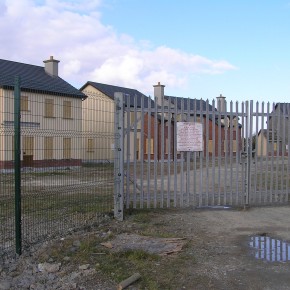
Five years after the 31st Dáil was elected on the backlash of the property crash, housing remains one of the most contentious issues in the run up to General Election 2016. Different housing approaches have been taken over the course of the state’s existence, with each holding specific benefits and downsides to its social stakeholders....

With a General Election imminent, testing social issues are sure to be voiced readily over the coming months in both party manifestos and general public discourse. One topic that will certainly take centre stage in the upcoming debates is the issue of social deprivation and how to best combat economic poverty in a state still recovering...
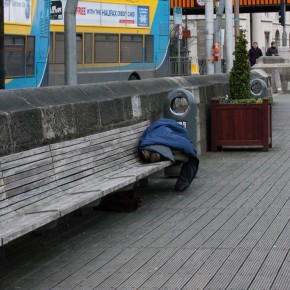
While decriminalising drug possession is a simplistic and ultimately self-defeating approach (a topic to be addressed in a future article), it must also be realised that incarceration is not a suitable response to dealing with social problems such as narcotic abuse, and will ultimately only succeed in increasing rooflessness, itself a gateway to narcotic use....





